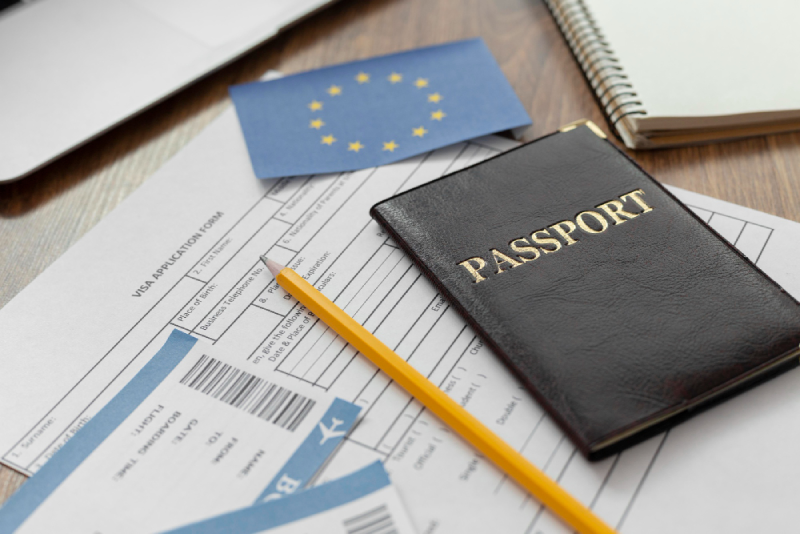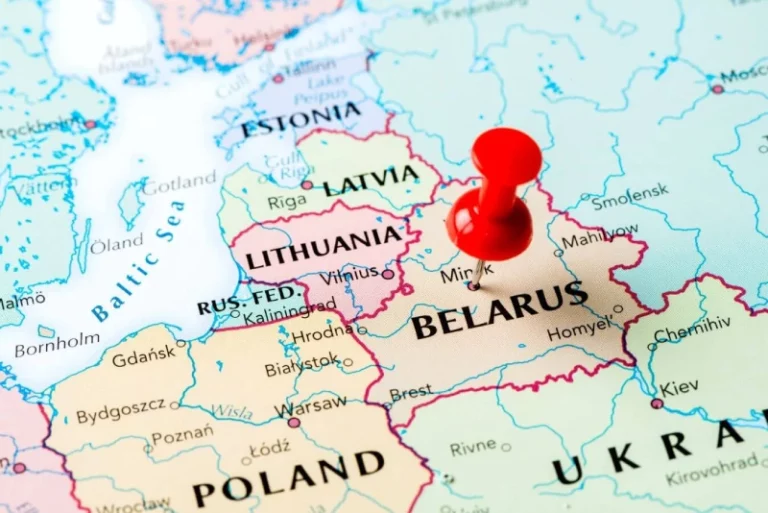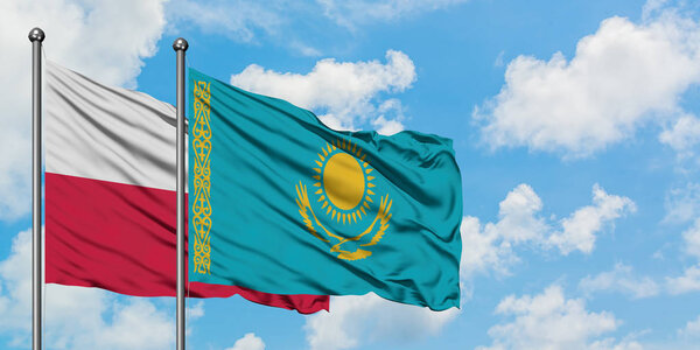Acquiring citizenship through ancestry is an appealing option for many individuals seeking to connect with their heritage and gain the benefits of European Union (EU) citizenship. The EU comprises 27 member states, each with its own unique laws and regulations governing citizenship through ancestry. In this article, we will explore the top 12 EU countries where individuals can acquire citizenship by proving their ancestry.
- Ireland
Ireland offers citizenship to individuals with an Irish grandparent. By proving your Irish heritage, you can obtain Irish citizenship, which grants you the right to live and work in any EU member state.
- Italy
With towns paying you to move there, Italy allows descendants of Italian citizens who emigrated to other countries to apply for citizenship. This option is particularly popular among Americans and South Americans of Italian descent.
- Greece
Greece offers citizenship to individuals of Greek descent up to the third generation. This ancestral connection can open doors to EU citizenship.
- Hungary
Hungary has a relatively straightforward process for descendants of Hungarian nationals to acquire citizenship. It’s a popular choice for those with Hungarian roots.
- Portugal
Portugal provides a pathway to citizenship for descendants of Portuguese nationals. This citizenship opens doors to travel, work, and live within the EU.
- Poland
Poland allows individuals of Polish ancestry to acquire citizenship. This can be especially appealing for those looking to explore opportunities in Eastern Europe.
- Germany
Germany offers citizenship to descendants of German nationals who were stripped of their citizenship during World War II and had to emigrate. This provision aims to address historical injustices.
- Lithuania
Lithuania provides a simplified procedure for descendants of Lithuanians living abroad to gain Lithuanian citizenship. This can be an attractive option for those with Baltic heritage.
- Latvia
Latvia, like Lithuania, allows descendants of Latvians living abroad to apply for citizenship. This is an opportunity for those with Latvian roots to connect with their heritage.
- Spain
Spain permits Sephardic Jews whose ancestors were expelled from Spain in the 15th century to apply for citizenship. This unique provision aims to right historical wrongs.
- Cyprus
Cyprus offers a Cypriot origin scheme, enabling individuals of Cypriot descent to acquire citizenship. This grants access to EU benefits.
- Bulgaria
Bulgaria allows descendants of Bulgarians who emigrated before 1989 to apply for citizenship. This is a relatively straightforward process for those with Bulgarian heritage.
Acquiring citizenship through ancestry in an EU country can be a rewarding way to connect with your heritage while gaining the benefits of EU citizenship, including the ability to live, work, and travel freely within the EU. However, it’s essential to understand the specific requirements and procedures of each country, as they can vary widely.
Consulting with legal immigration experts or the respective embassy or consulate can help you navigate the process smoothly. Ultimately, these opportunities to acquire citizenship by ancestry contribute to the rich tapestry of the European Union, reflecting its commitment to inclusivity and heritage preservation.


















